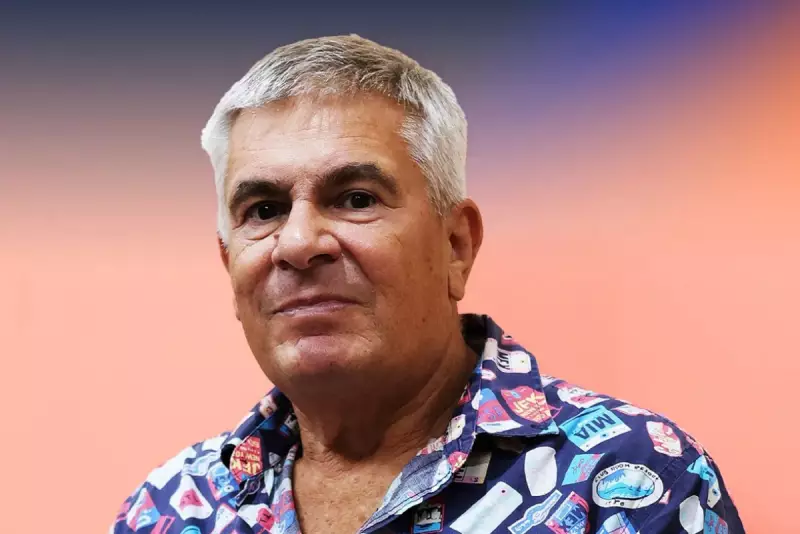
Australian Journalist Indicted in Thailand Over Malaysian Government Criticism
An Australian journalist living in Thailand finds himself at the centre of an unprecedented legal battle after being charged with criminal defamation for articles criticising the Malaysian government. Murray Hunter, who resides in Hat Yai in southern Thailand, faces trial on 22 December over four Substack posts published between 13 and 29 April 2024.
Unprecedented Transnational Legal Action
Thai police arrested Hunter at Bangkok airport in September following a request from Malaysian authorities. Although currently released on bail, his passport has been confiscated, severely restricting his movement. The case represents the first known instance of Thailand's criminal defamation laws being used on behalf of a foreign government.
Hunter stands accused of defaming Malaysia's Communications and Multimedia Commission (MCMC) in his Substack articles, where he alleged the regulatory body engaged in political interference and intimidation. The MCMC has denied these allegations as "baseless" through local media reports.
Legal experts describe the case as a clear example of transnational repression, where governments use foreign legal systems to silence critics abroad. Phil Robertson of Asia Human Rights & Labour Advocates condemned Malaysia's actions as "blatant transnational repression" and criticised Thai authorities for allowing themselves to be "played for fools" by the MCMC.
Rights Groups Warn of Chilling Effect
Human rights organisations have classified Hunter's case as a Strategic Lawsuit Against Public Participation (SLAPP) - a legally action intended to censor, intimidate, and silence critics by burdening them with the cost of legal defence until they abandon their criticism.
Prominent lawyer and human rights activist Latheefa Koya, co-founder of NGO Lawyers for Liberty, stated: "Government agencies have no business to sue the public for criticism made against them. If the people in charge of MCMC think anyone has made a false statement about it, the right thing for them to do is issue a statement denying or explaining or clarifying."
Koya emphasised that public-funded agencies suing individuals for defamation creates a chilling effect on public discussion and undermines democratic principles of accountability.
Hunter revealed on his Substack that he had not been notified of the proceedings beforehand and had not received official documents related to the case, with initial judgments made in his absence. The journalist also faces a separate civil action in Malaysia initiated by the MCMC.
Potential Consequences and Broader Implications
If convicted under Section 328 of the Thai Criminal Code, Hunter faces up to two years imprisonment and a 200,000-baht fine. The case has raised serious concerns about Thailand's commitment to media freedom and its vulnerability to being used as a tool for foreign governments seeking to suppress critical journalism.
Hunter told Asia Sentinel that "The MCMC duped the Thai police to use criminal defamation on me," warning that Thailand risks becoming an instrument for governments wanting to silence journalists operating beyond their borders.
Malaysian authorities have reportedly ordered internet service providers to block access to Hunter's Substack blog within the country since April 2023. The former Universiti Malaysia Perlis associate professor regularly comments on Malaysian politics and governance, often posting critical analyses of the country's leadership and institutions.
This case highlights growing concerns about the use of transnational legal mechanisms to suppress press freedom and could set a dangerous precedent for journalists working abroad who critique foreign governments.





